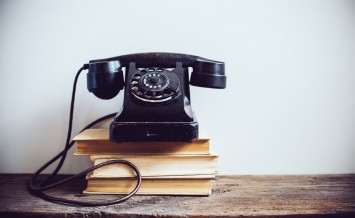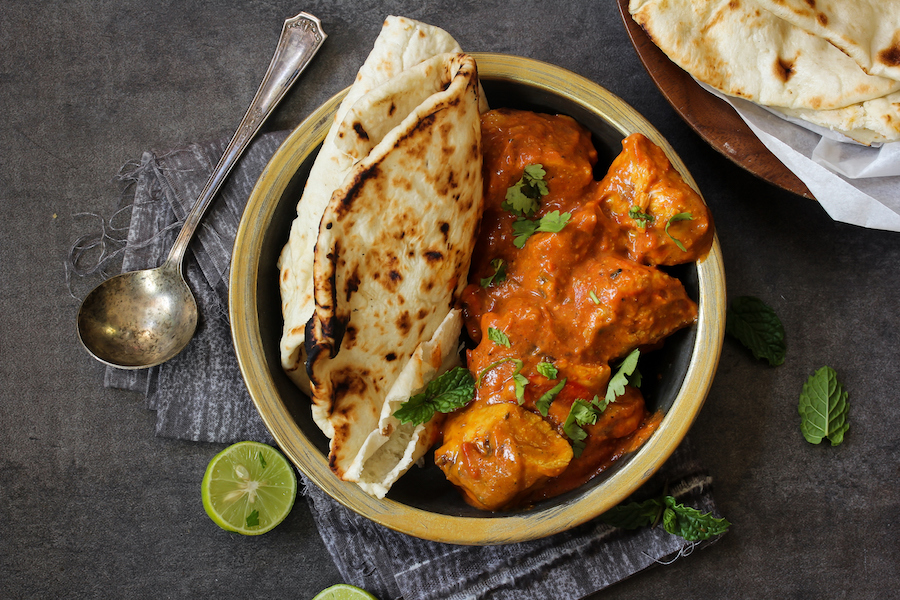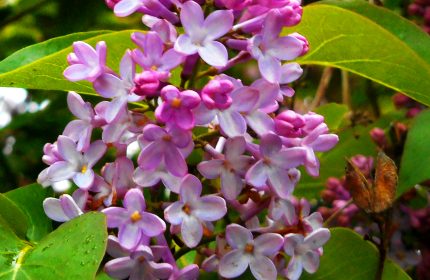National Curry Week: 11 things you probably didn’t know about curry
Who doesn’t love a curry?! Whether you’re all about bhaji, love the spice of a madras, consider poppadoms the epitome of bliss (mmm… mango chutney), or can’t get enough of peshwari naan torn into pieces and dredged through korma, the curry is a bona fide culinary staple in most UK homes.
So, in honour of National Curry Week (22nd-28th October 2018), here are a few things you might not have known about the good old curry…
1. The top three favourite curries in the UK are: tikka masala, korma and jalfrezi, while pilau is the number one rice, and garlic is the most popular naan. Also, we spend a whopping £250m a year on Indian food.
2. The largest naan ever – according to the Guinness World Records – was made in Canada in 2016 and weighed a colossal 32kg. It was 4.96m long and 1.26m wide – that’s a whole lotta naan.
3. Incredibly, London has more Indian restaurants than Mumbai or Delhi. Brick Lane, it seems, is the place to go.
4. The word ‘curry’ might refer to cuisine these days, but it is also a term for flattery (‘curry favour’) and for the preparation of tanned hides and leather.
5. Chicken tikka masala isn’t actually a traditional Indian dish at all, it was allegedly invented in Glasgow, Scotland in 1971.
6. In India, under ayurvedic principles, foods slot into six flavour profiles or tastes: sweet, sour, salty, bitter, pungent and astringent – for balance and proper nutrition, all six should be represented in every meal to some extent.
7. ‘Balti’ is actually the term for the metal bowl or ‘bucket’ your balti dish comes in.
8. You might think naans are irrefutably Indian, but you’d be wrong. The flatbreads – often stuffed with garlic, meat (keema), or coconut and raisins (peshwari), and brushed with butter or ghee – actually originated in Persia in 1300 AD.
9. Three key ingredients of curry and modern day Indian cuisine – potatoes, chilli peppers (which originated in Mexico) and tomatoes – were actually introduced to India by the Portuguese. Before that happened, the key spice used in Indian cooking was black pepper.
10. The first curry recipe to be recorded in English was found in The Art Of Cookery by Hannah Glasse, published in 1747.
11. Using the word ‘curry’ to describe Indian food is actually really lazy, as each region (of which there are many) has its own traditional dishes and distinct flavours. So, in Kerala in the south, you’re likely to be served sadya (a variety of dishes presented on a banana leaf) and seafood curries, while Rajasthan in the north-west, is largely vegetarian.
The Press Association
Latest posts by The Press Association (see all)
- Beatles documentary Let It Be to be released on Disney+ - April 16, 2024
- How to keep your money safe – as criminals ramp up AI tactics to steal consumer data - April 16, 2024
- Seasoned marathon runners give their best race day tips for first-timers - April 16, 2024
- What are heat pumps and could they help your home save energy? - April 15, 2024
- Trailer for Bridgerton season three teases new friends-to-lovers romance - April 12, 2024





















